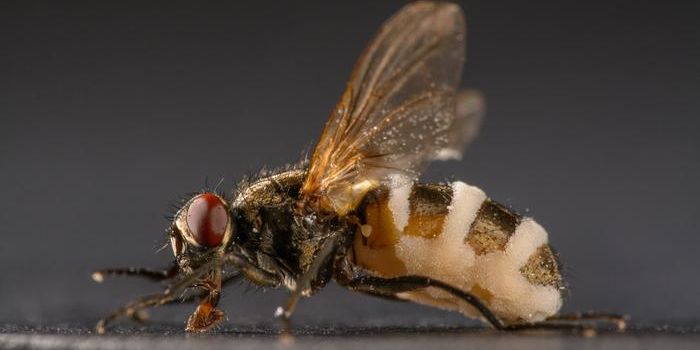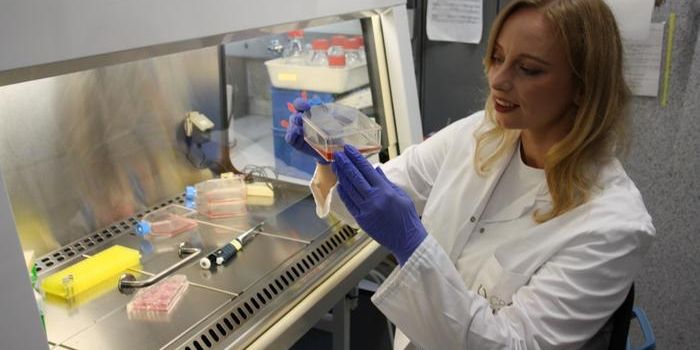Epigenetics Initiate Pancreatic Cancer Metastasis
Pancreatic cancer is one of the deadliest cancers observed worldwide. Once it is diagnosed, metastasis to other organs has most likely already occurred, resulting in a 94% mortality rate. With a recent increase in new cases of pancreatic cancer, it is predicted that it will be the second leading cause of death, following lung cancer, by 2020.
Cancer metastasis has been a tough puzzle for researchers to crack. Once a tumor has grown in one site, something changes in a part of the tumor, initiating migration and regrowth at a different location. A multidisciplinary group of scientists has recently uncovered a new mechanism and pathway used by metastatic cancer cells in pancreatic cancer.
Based on research done by a collaborating lab on pancreatic tumor samples taken from eight patients immediately after their death, the group discovered an epigenetic connection to metastatic initiation. The collaborating lab had been looking for direct genetic mutations and found no major differences in metastatic tumor cell DNA compared to the original tumor cells.
However, by opening up the search to any epigenetic changes in these same samples, the group, led by Andrew Feinberg, M.D., Bloomberg Distinguished Professor of Epigenetics at The Johns Hopkins University, found not only several epigenetic changes in large blocks of the genome but also pinpointed a priming pathway and specific protein player in causing new cells to break off and migrate to alternate sites.
The epigenome incorporates reversible chemical and structural changes to DNA and its included histones. Instead of altering the DNA sequence itself, epigenetic changes can govern gene activation or silencing. In order to examine the epigenome in the tumor samples, the team used tissue staining, histone analysis and whole-genome sequencing.
The epigenetic changes they found in large blocks of the genome seemed to only occur in the metastatic cells that migrated to new locations and in the subset of cells in the primary tumor that the metastatic cells broke apart from. There were no major epigenetic changes in the primary tumor cells.
"Distant metastases have to travel long distances along the 'highways' of the blood vessels, land in a good spot and colonize, while local metastases just pinch off the primary tumor and go a short distance on 'familiar side roads,' so they are usually more similar to the primary tumor," explains Christine Iacobuzio-Donahue, M.D., Ph.D., professor of pathology at Memorial Sloan Kettering Cancer Center.
Upon finding such dramatic epigenetic alterations, the team further investigated what functions the affected genes were involved in and how these changes might be controlled. Cancer cell processes such as increased glucose metabolism and enhanced migration pathways are somewhat understood. However, finding how these enhancements are made in the first place has proven more difficult.
By looking into specific biochemical mechanisms the cells might use to increase their glucose metabolism, specifically in metastasized cells compared to their primary tumor counterparts, the researchers found that metastasized cells use the pentose phosphate pathway to convert glucose efficiently and that 6-phosphogluconate dehydrogenase was a primary player.
The discovery of this pathway and primary protein in metastatic-specific metabolism could underline the difference between the slow growth of a primary tumor and the relatively fast growth and migration of secondary tumors.
While the findings provide a significant new understanding of the specific metabolism and growth of metastatic tumors, there is much work to be done to learn more about how blocking the pathway might be used in treatment.
In addition, these epigenetic changes in large blocks of the genome could potentially be found across other cancers as well, providing other possible avenues for treatment of multiple cancer types. "Although we haven't tested this idea yet, we know that similar epigenetic regions are important in other types of cancer, such as colon cancer, so it's likely that these large-scale epigenetic changes are occurring in them too," says Feinberg.
Sources: Medxpress, Nature Genetics









